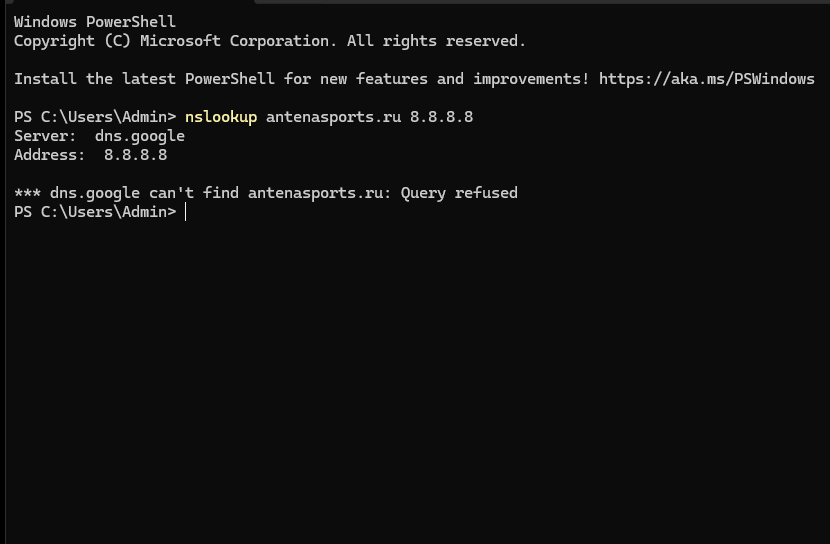French Law

Welcome to our guide on French law, tailored for an American audience. Here, we’ll explore the foundational elements of France’s legal system, its relationship to European law, and its distinctive approach to public and private law.
Civil Law vs. Common Law
The French legal system is based on the Civil Law tradition, unlike the Common Law system in the United States (with the exception of Louisiana). In a Civil Law system, legal codes are the primary source of authority, and judges interpret these statutes without creating binding precedents. By contrast, judges in Common Law systems establish precedents through case law, which then binds future judges.
In France, laws are organized into codified codex, such as the Civil Code, which provides clear guidelines on matters like contracts, property, and family law. While American law often relies on judicial interpretation to fill in gaps, French law assumes the codes cover the necessary legal principles, and thus the judge need only interpret along the margins. Therefore, judge made law is not said to exist in France, a fact which may be debated.
The Structure of French Courts
The French court system is divided between private law (disputes between individuals) and public law (matters involving the government). France has four "supreme courts," each with its own jurisdiction:
- Court of Cassation – The highest court for private law matters, overseeing civil and criminal cases.
- Council of State – The top administrative court, responsible for public law, and advising the government on drafting regulations.
- Constitutional Council – Reviews constitutional issues, focusing on the validity of statutes.
- Tribunal of Conflicts – Resolves disputes over which court has jurisdiction when cases involve both public and private matters.
France's administrative courts handle cases involving the state and the "administration". For example, if a city government is accused of violating citizens' rights, the administrative courts will likely handle the case. However, if an individual sues a neighbor over property issues, the judicial courts will handle it. In specific cases, like eminent domain disputes, both types of courts may become involved.
The Influence of European and International Law
France’s legal system is closely linked with European Union law and the European Court of Human Rights (ECHR). These institutions affect French law in two primary ways:
-
European Union Law – EU regulations apply directly to all member states, while EU directives require national governments to adapt laws to meet certain standards. For instance, EU policy on environmental protection can require member states to implement specific regulatory measures.
-
European Court of Human Rights – Independent of the EU, the ECHR is part of the broader Council of Europe, which includes many countries outside the EU. It frequently hears cases related to human rights issues within member states, including France. The ECHR’s decisions influence French law, particularly around civil liberties and due process.
While France, generally-speaking, has been committed to upholding international law, conflicts occasionally arise between national interests and international obligations, resulting in interesting legal constructions by national courts.




